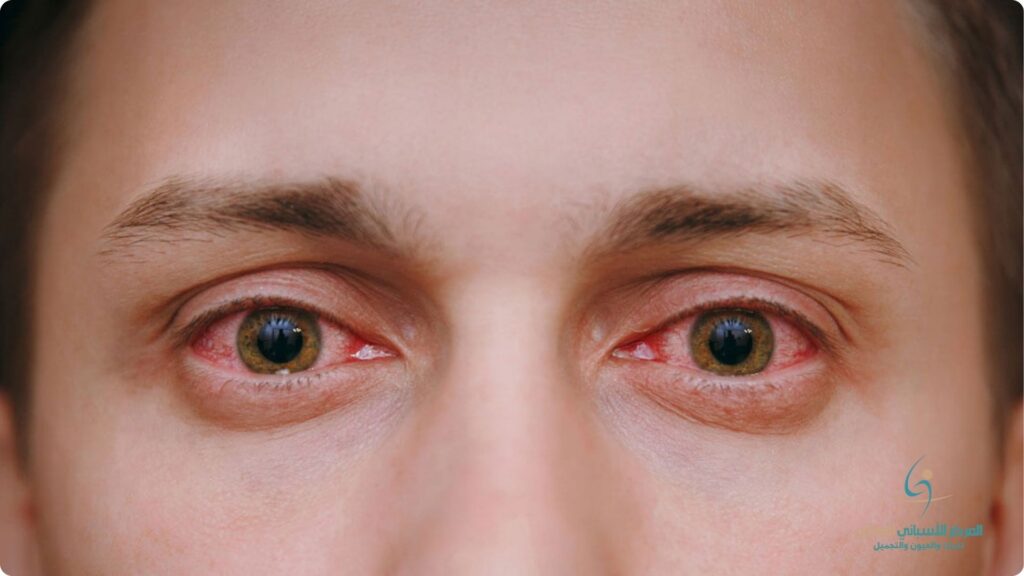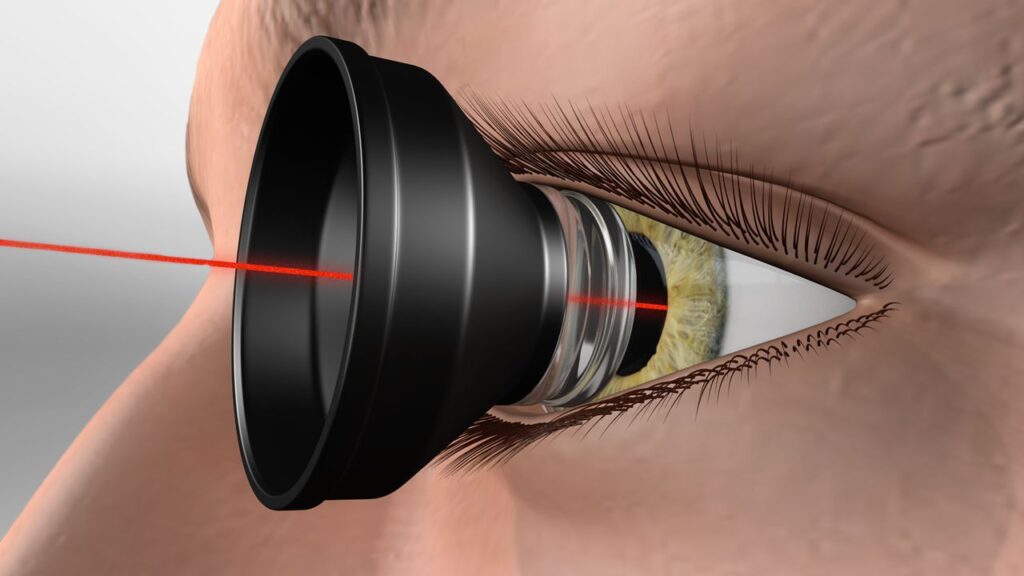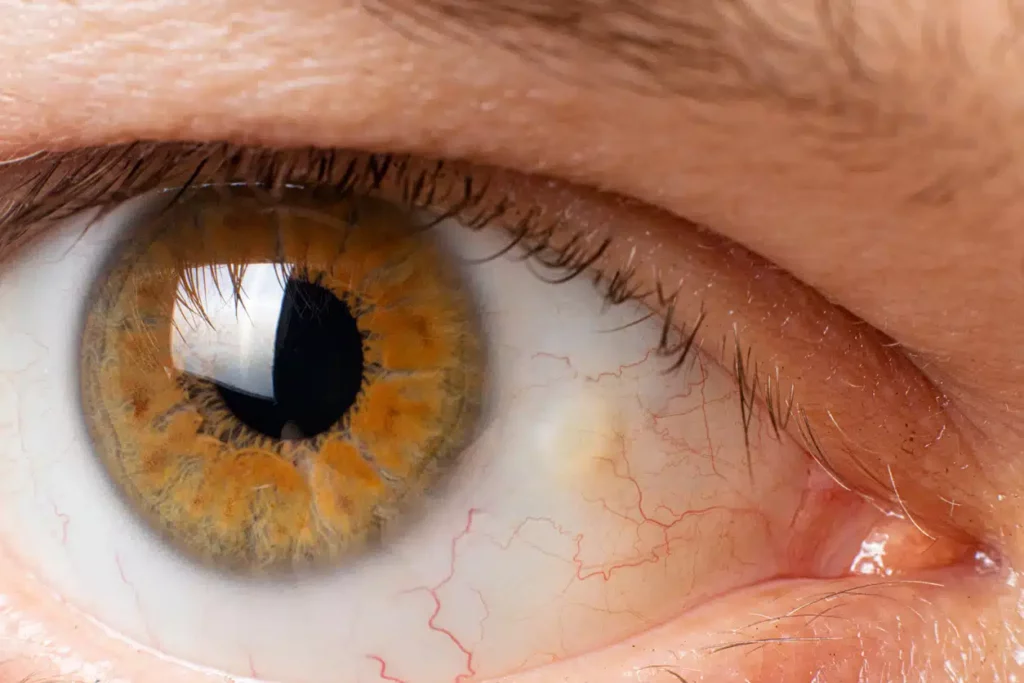The importance of retinal health cannot be overstated. The retina plays a crucial role in vision, as it is responsible for capturing light and transmitting visual signals to the brain. Without a healthy retina, our ability to see clearly and perceive the world around us is greatly compromised.
The Importance of Retinal Health
The retina, a thin layer of tissue located at the back of the eye, contains millions of specialized cells called photoreceptors. These cells are responsible for converting light into electrical signals, which are then transmitted to the brain via the optic nerve. Any damage or abnormalities in the retina can disrupt this process and lead to vision problems.
In conclusion, understanding retinal treatments is crucial for maintaining and improving eye health. By recognizing the importance of retinal health, exploring different treatment options, and embracing advancements in the field, we can work towards preserving vision and enhancing the quality of life for individuals affected by retinal disorders.
Role of Retina in Vision
The retina acts as a sensory receptor, capturing visual information and transforming it into electrical impulses. It is made up of several layers, each with a specific function in the visual process. The photoreceptor layer, which contains the rods and cones, is particularly important in converting light into nerve signals. The information is then processed by other retinal cells before being transmitted to the brain.

Common Retinal Disorders
Unfortunately, various retinal disorders can affect the health and functionality of this vital ocular structure. Some common retinal disorders include:
- Age-related macular degeneration (AMD): A progressive condition that affects the macula, the central portion of the retina responsible for sharp, detailed vision.
- Diabetic retinopathy: Occurs in individuals with diabetes and can lead to vision loss if left untreated.
- Retinal detachment: A serious condition where the retina pulls away from its normal position, causing a loss of vision.
- Retinitis pigmentosa: A genetic disorder that causes the progressive degeneration of the retina’s photoreceptor cells.
Aside from these well-known retinal disorders, there are other less common conditions that can also affect retinal health. One such condition is macular hole, which occurs when a small break or hole forms in the macula. This can lead to blurred or distorted central vision, making it difficult to read or recognize faces.
Another condition that can impact retinal health is central serous retinopathy (CSR). CSR is characterized by the accumulation of fluid under the retina, leading to distorted or blurred vision. It often affects individuals between the ages of 20 and 50, and while the exact cause is unknown, stress and hormonal changes have been identified as potential triggers.
It is important to note that retinal disorders can affect individuals of all ages, from infants to the elderly. Regular eye exams and early detection of any retinal abnormalities are crucial in maintaining good retinal health. Treatment options for retinal disorders vary depending on the specific condition and its severity, ranging from medication and laser therapy to surgical interventions. Read more about severity at https://ocro.stanford.edu/enterprise-risk-management-erm/key-definitions/definition-risk-severity
An Overview of Retinal Treatments
Advancements in medical science have made it possible to treat many retinal disorders effectively. Treatment options for retinal conditions can vary depending on the specific disorder and its severity. Some of the most common retinal treatments include:
Retinal Surgery: Types and Techniques
In cases where retinal detachment or other serious conditions are present, surgical intervention may be necessary. Retinal surgery aims to reattach the retina to its normal position and restore visual function. Different surgical techniques, such as vitrectomy and scleral buckling, may be employed depending on the specific needs of the patient.
Vitrectomy is a surgical procedure that involves removing the vitreous gel from the eye to provide better access to the retina for repair. This procedure is often used in cases of severe retinal detachment or when there is significant scarring on the retina. On the other hand, scleral buckling is a technique that involves placing a silicone band around the eye to indent the wall of the eye and reduce tension on the retina, helping it reattach properly.
Medications for Retinal Diseases
Certain retinal disorders, including diabetic retinopathy and wet age-related macular degeneration, can be managed with medication. Anti-VEGF (vascular endothelial growth factor) drugs are commonly used to inhibit abnormal blood vessel growth in the retina and prevent further damage.
Anti-VEGF drugs work by blocking the signals that promote the growth of abnormal blood vessels in the retina, thereby reducing the risk of bleeding and leakage. These medications are often administered through injections directly into the eye and have been shown to be effective in slowing down the progression of diseases like wet age-related macular degeneration.
Laser Therapy for Retinal Disorders
Laser therapy, also known as photocoagulation, is a non-invasive treatment option for some retinal conditions. It involves using a focused beam of light to seal leaky blood vessels or destroy abnormal tissue in the retina. Laser therapy is often employed in the management of diabetic retinopathy and certain types of retinal tears.
During laser therapy, a special type of laser is used to target specific areas of the retina that require treatment. The intense light energy is absorbed by the targeted tissue, causing it to coagulate and form a scar. This helps to seal off leaking blood vessels or destroy abnormal tissue, preserving the overall health of the retina.
The Process of Retinal Treatment
Diagnosis of Retinal Diseases
Accurate diagnosis is essential in determining the most appropriate treatment for retinal disorders. Ophthalmologists and retinal specialists use various techniques to diagnose retinal conditions, including detailed eye exams, imaging tests (such as optical coherence tomography), and specialized visual field tests.
Furthermore, in some cases, genetic testing may be recommended to identify inherited retinal diseases. This advanced diagnostic tool can provide valuable insights into the specific genetic mutations that may be causing the retinal disorder, allowing for more personalized and targeted treatment approaches.
Preparing for Retinal Treatment
Before undergoing any retinal treatment, it is important to prepare both physically and mentally. This may involve following specific pre-operative instructions, arranging for transportation to and from the treatment facility, and discussing any concerns or questions with the healthcare provider. Proper preparation ensures a smoother treatment experience and optimal outcomes.
In addition to the physical preparation, mental readiness is equally important. Patients may benefit from seeking support from loved ones or joining support groups to help cope with the emotional aspects of undergoing retinal treatment. Maintaining a positive outlook and staying informed about the treatment process can contribute to a more positive overall experience. Click here to find more about cope.
Post-Treatment Care and Recovery
Following retinal treatment, proper care and recovery are crucial for the best possible outcomes. Patients may be provided with specific instructions regarding eye hygiene, medication usage, and the need for routine follow-up appointments. Adhering to these instructions can help minimize complications and promote optimal healing.
Moreover, incorporating healthy lifestyle habits, such as a balanced diet rich in nutrients that support eye health and regular exercise, can further enhance the recovery process. It is essential for patients to prioritize self-care and follow the recommendations of their healthcare providers to ensure the long-term success of the retinal treatment.
The Impact of Retinal Treatments on Eye Health
Improving Vision with Retinal Treatments
Retinal treatments can significantly improve vision and enhance overall eye health in individuals with retinal disorders. By addressing the underlying cause of the problem and restoring normal retinal function, these treatments offer hope to those affected by vision loss or impairment.
One of the key benefits of retinal treatments is their ability to target specific issues within the retina, such as abnormal blood vessel growth or retinal detachment. By precisely addressing these concerns, patients can experience improvements in their visual acuity and overall eye function. This targeted approach not only enhances vision but also helps individuals regain a sense of independence and quality of life.
Preventing Further Eye Damage
Retinal treatments not only improve current visual capabilities but can also prevent further damage to the retina. Early intervention and appropriate treatment can halt the progression of certain retinal diseases and preserve remaining vision.
Furthermore, by preventing additional damage to the retina, these treatments can help reduce the risk of complications such as macular degeneration or diabetic retinopathy. Preserving the integrity of the retina through timely and effective treatments is crucial in maintaining long-term eye health and preventing severe vision loss.

Future Developments in Retinal Treatments
Advances in Retinal Surgery
Ongoing research and technological advancements continue to drive improvements in retinal surgery techniques. Minimally invasive procedures, enhanced visualization tools, and advanced surgical equipment are just some of the developments that may lead to better surgical outcomes in the future.
One exciting area of research in retinal surgery is the exploration of robotic-assisted procedures. Robotic systems offer the potential for increased precision and control during delicate retinal surgeries, reducing the risk of complications and improving patient recovery times. As these technologies continue to evolve, they may become standard tools in the retinal surgeon’s arsenal, ushering in a new era of surgical precision and efficacy.
Emerging Medications and Therapies
Scientists and pharmaceutical companies are continuously exploring new medications and therapies to treat retinal disorders. From gene therapy to stem cell therapy, promising avenues are being explored to develop innovative treatments that may revolutionize the field of retinal care.
One particularly promising area of research is the development of personalized medicine approaches for retinal disorders. By analyzing an individual’s genetic makeup and specific disease characteristics, researchers are working towards tailoring treatments to each patient’s unique needs. This personalized approach holds the potential to enhance treatment effectiveness and minimize side effects, marking a significant advancement in the quest for more targeted and efficient retinal therapies.
The Role of Technology in Retinal Treatments
Technological advancements, such as high-resolution imaging and sophisticated diagnostic tools, are shaping the landscape of retinal treatments. These advancements allow for earlier detection, more accurate diagnosis, and personalized treatment plans, ultimately improving patient outcomes.
Furthermore, the integration of artificial intelligence (AI) algorithms in retinal imaging and diagnostics is a rapidly growing field with immense potential. AI systems can analyze vast amounts of retinal imaging data in a fraction of the time it would take a human expert, leading to quicker and more precise diagnoses. As AI technology continues to mature, it is poised to revolutionize the way retinal conditions are detected and managed, offering new possibilities for early intervention and improved patient care.
Read about retinal diseases on: Common Retinal Diseases and How to Treat Them

